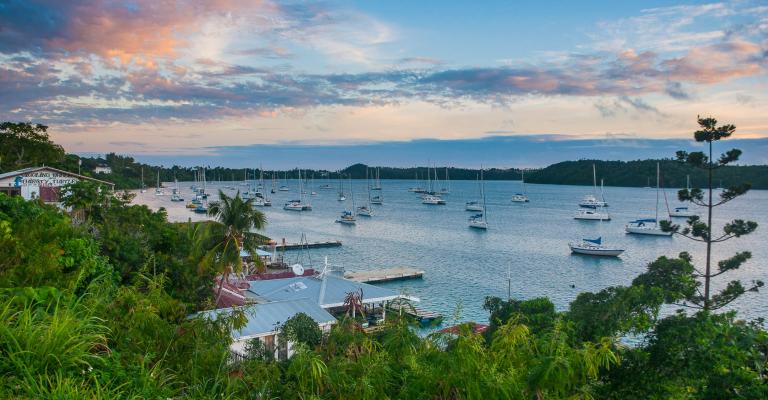priceless-stories.org – The Kingdom of Tonga, a Polynesian archipelago in the South Pacific, boasts a unique political landscape that has evolved from an absolute monarchy to a constitutional monarchy with democratic elements. This transformation reflects the country’s efforts to balance traditional governance with modern democratic practices, ensuring stability while addressing the aspirations of its people for greater participation in the political process. This article explores the historical development of Tonga’s political system, the role of the monarchy, and the gradual shift towards democracy.
The Monarchy in Tonga
Historical Context
Tonga’s monarchy dates back centuries, with the establishment of the Tu’i Tonga Empire in the 10th century. This empire was both a political and religious entity, with the Tu’i Tonga considered a divine ruler. Over time, the monarchy evolved, with the emergence of the Tupou dynasty in the 19th century, following the unification of the Tongan islands under King George Tupou I.
The Role of the Monarch
The monarch of Tonga, currently King Tupou VI, holds significant power within the country’s political system. The monarch is the head of state, with authority over the legislative, executive, and judicial branches of government. The monarch also plays a crucial role in appointing key government officials and has the power to dissolve the parliament.
The Evolution of Democracy in Tonga
Early Reforms
The push for democratic reforms in Tonga began in the late 19th and early 20th centuries, with the introduction of a constitution in 1875 that established a limited form of representative government. However, it was not until the late 20th century that more significant democratic changes took place.
The 2010 Constitution
A pivotal moment in Tonga’s democratic evolution was the adoption of a new constitution in 2010. This constitution significantly reduced the powers of the monarchy, establishing a more democratic framework. It introduced a unicameral parliament with a majority of seats elected by universal suffrage, replacing the previous system where a portion of seats were reserved for nobles and royal appointees.
Political Parties and Elections
The new constitution also paved the way for the formation of political parties, which had previously been banned. Since then, Tonga has held several democratic elections, with political parties competing for seats in parliament. These elections have been a testament to the growing democratic culture in Tonga, with increased participation from the electorate.
Challenges and Future Directions
Balancing Tradition and Democracy
One of the key challenges facing Tonga’s political landscape is balancing the country’s traditional monarchical system with the demands of a modern democratic society. This includes addressing issues such as the distribution of power between the monarchy and elected officials, as well as ensuring transparency and accountability in governance.
Economic and Social Development
Tonga’s political system must also address the economic and social development needs of its people. This includes improving public services, promoting economic growth, and addressing issues such as climate change, which poses a significant threat to the island nation.
Conclusion
Tonga’s political landscape reflects a delicate balance between maintaining its rich monarchical traditions and embracing democratic principles. The journey from an absolute monarchy to a constitutional monarchy with democratic elements has been a gradual process, marked by significant reforms and a growing democratic culture. As Tonga continues to navigate the complexities of modern governance, it will be crucial for the country to address the aspirations of its people while preserving its unique cultural heritage.
